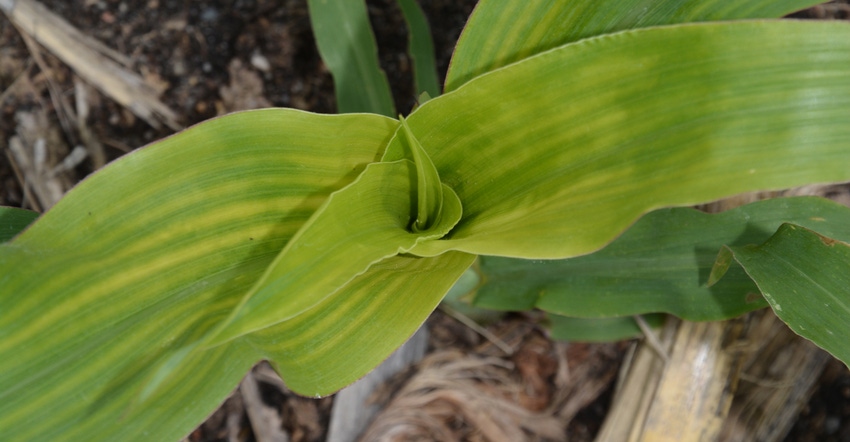April 1, 2022

Soil conservation has been around for a long time, yet the focus on soil health over the last few years seems to be generating more buzz. Interest in carbon neutrality, climate change and reduced farm inputs are tied to the uptick.
One doesn’t have to look far to find an organization or program specific to soil health. Measures to protect soil first started at the national level following the Dust Bowl. In response to the erosion in the 1930s, Congress creating the Soil Conservation Service. Over time, the agency broadened its scope and in 1994, became the Natural Resources Conservation Service. NRCS is a key resource for farmers seeking technical and financial assistance to implement conservation on their land.
The agency’s latest venture is partnering with Farmers For Soil Health, an initiative of the United Soybean Board, National Corn Growers Association and National Pork Board. The initiative has a goal to double the number of corn and soybean acres using cover crops to 30 million acres by 2030.
There is no shortage of programs available to learn about soil health. After a quick internet search using the words “soil health organizations,” I found a range of farmer-led, non-profit, educational, government- or business-based soil health sources.
A few soil health programs
There’s the Soil Health Institute, the Minnesota Board of Soil and Water Resources, the Minnesota Soil Health Coalition, the Sustainable Farming Association in Minnesota and its Midwest Soil Health Summit, and the Minnesota Office for Soil Health.
Within a few clicks, I learned about the Practical Farmers of Iowa and its Sustainable Food Lab, the South Dakota Soil Health Coalition, the Land Stewardship Project, the Soil Health Academy, the Soil Health Partnership, Sustainable Ag Research and Education, and the Rodale Institute. The latter, well-known for its organic farming research and based in Pennsylvania, has been around since 1947. As crop agriculture evolved into input-heavy production, Rodale remained true to soil health, crop diversity and letting microorganisms do their work naturally. With soil health, businesses have another way to connect with consumers by showing their environmental side. Some are helping farmers adopt specific soil management practices through their own programs. Land O’Lakes has worked with more than 1,900 farmers over the last six years through its ag and food sustainability program, Truterra. Cargill is working with farmers to implement regenerative agriculture on 10 million row crop acres by 2030. MBOLD, a collaboration of Minnesota-based food and agriculture companies (Land O’Lakes and Cargill included), adopted five key strategies, the first recognizing the importance of soil health and water stewardship on the farm. Accordingly, the coalition helps fund soil health-enhancing efforts.
What goes around comes around, with monetization thrown into the mix.
You May Also Like




